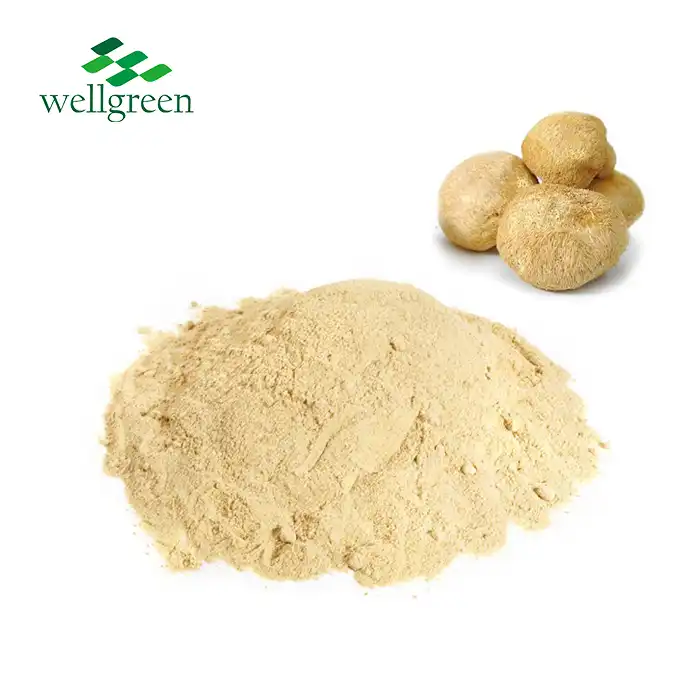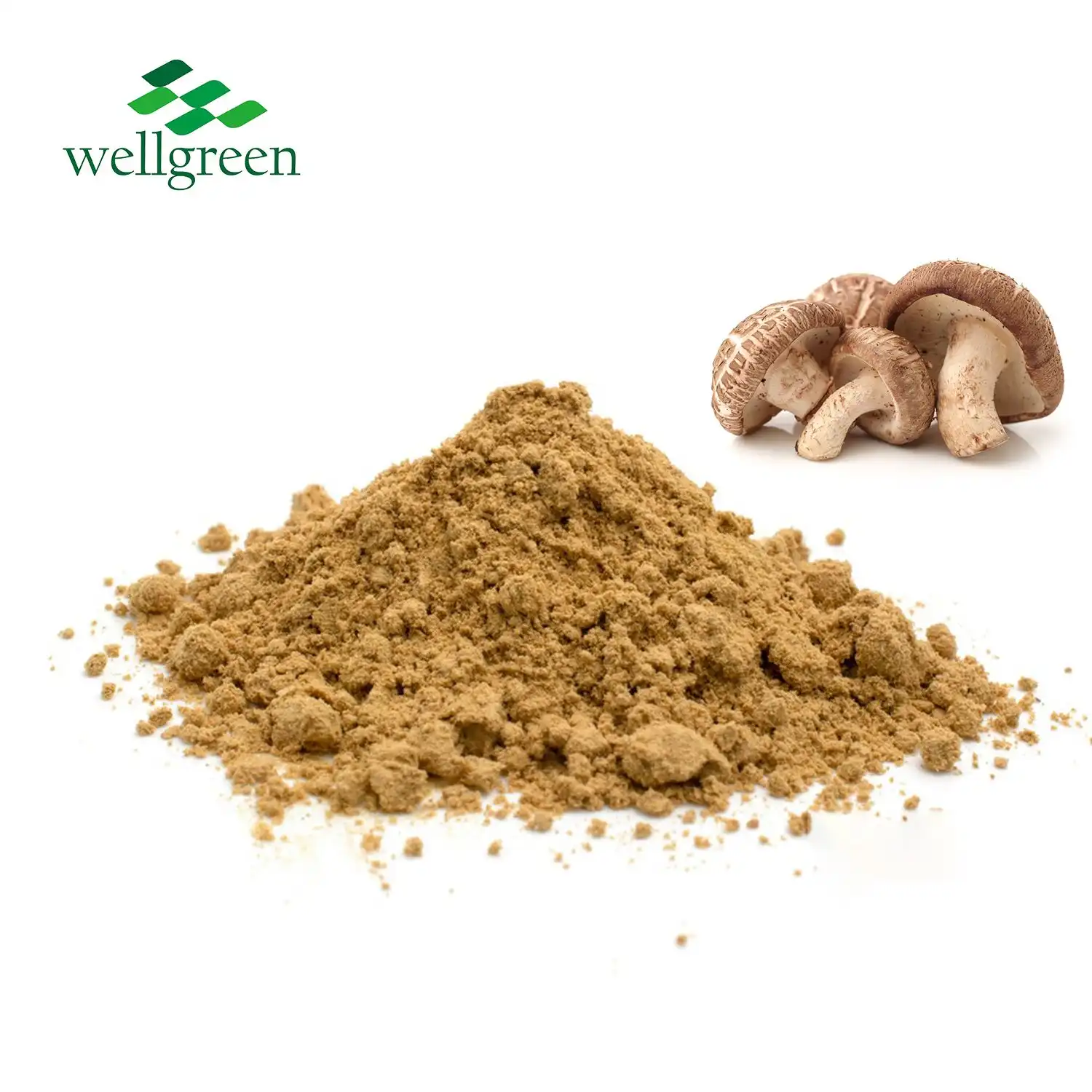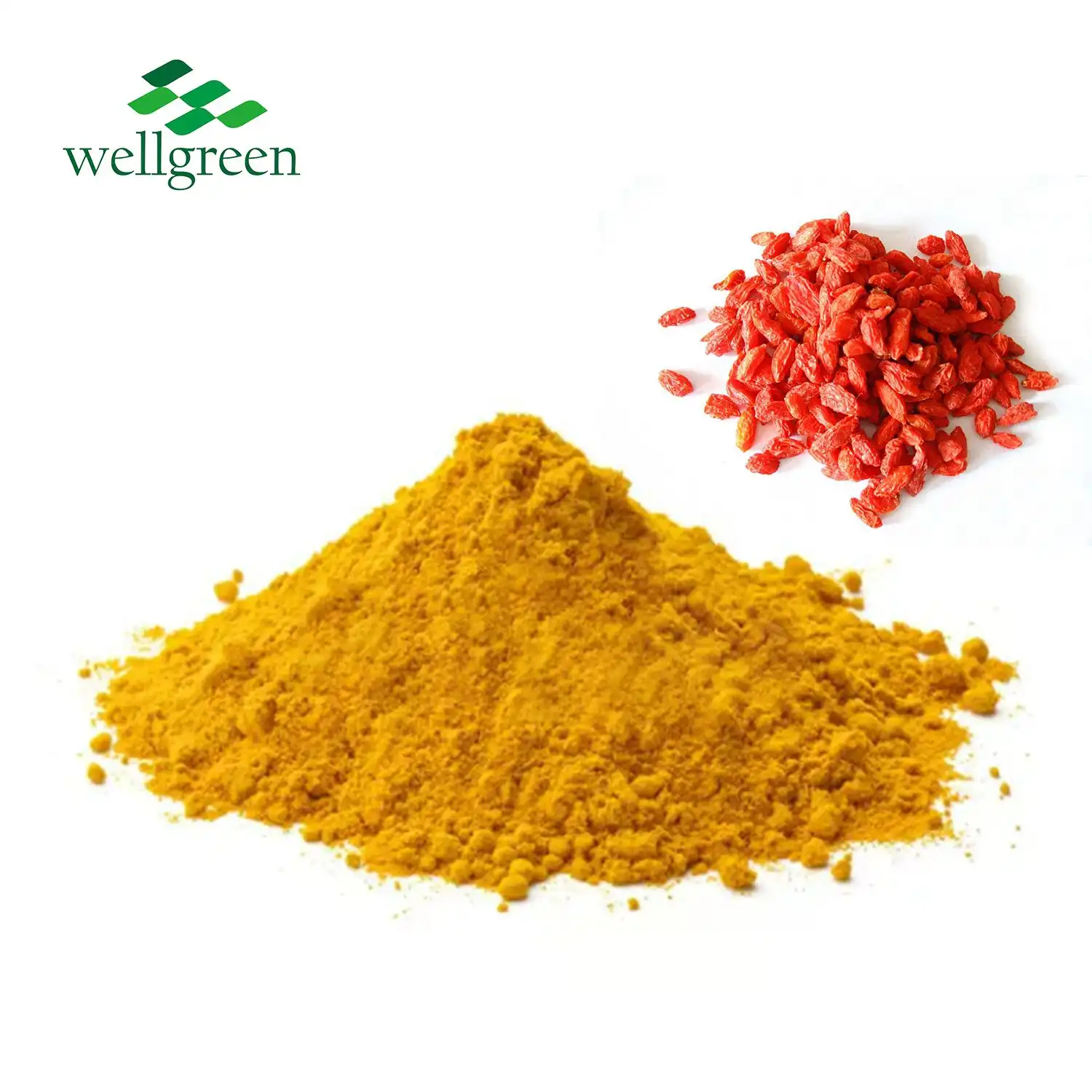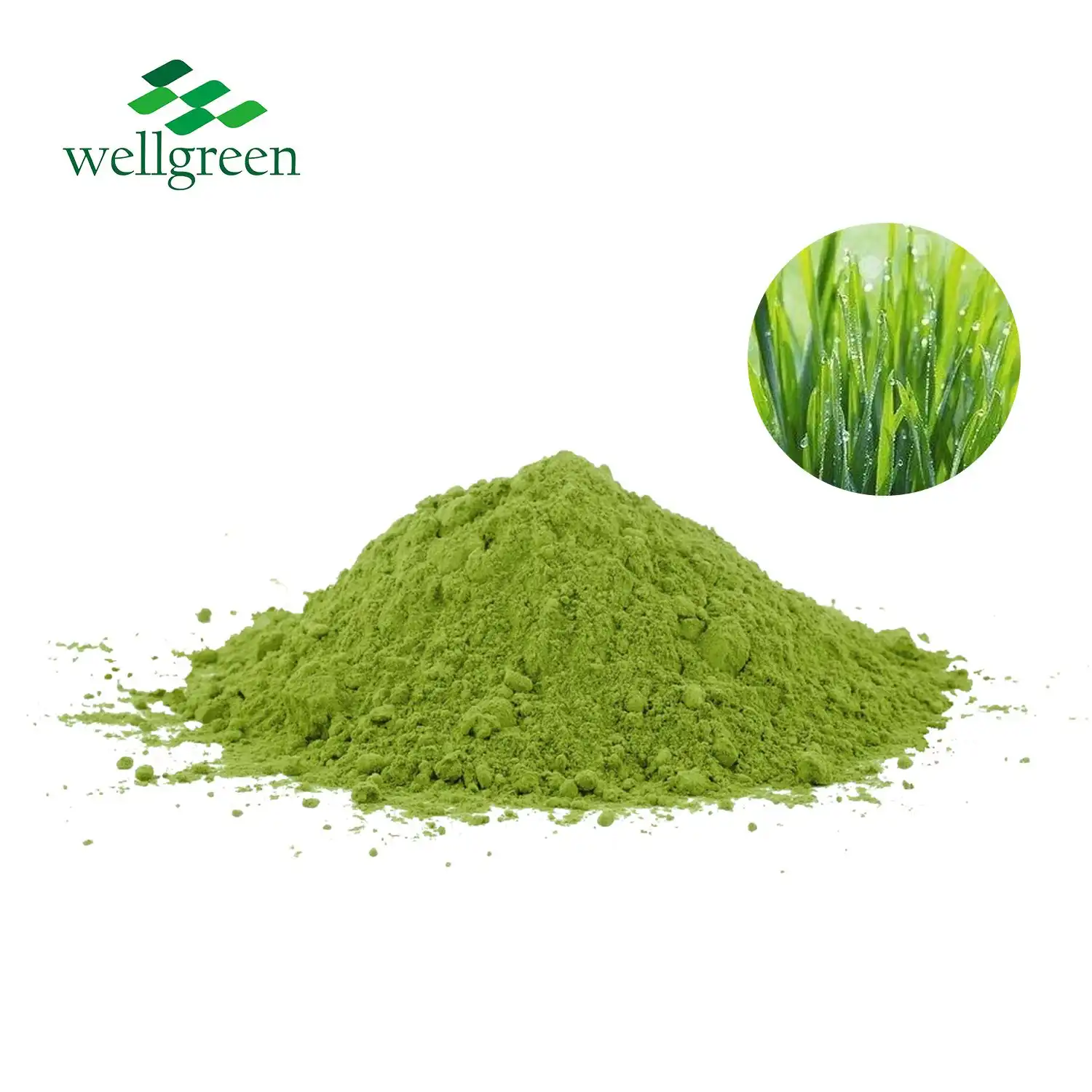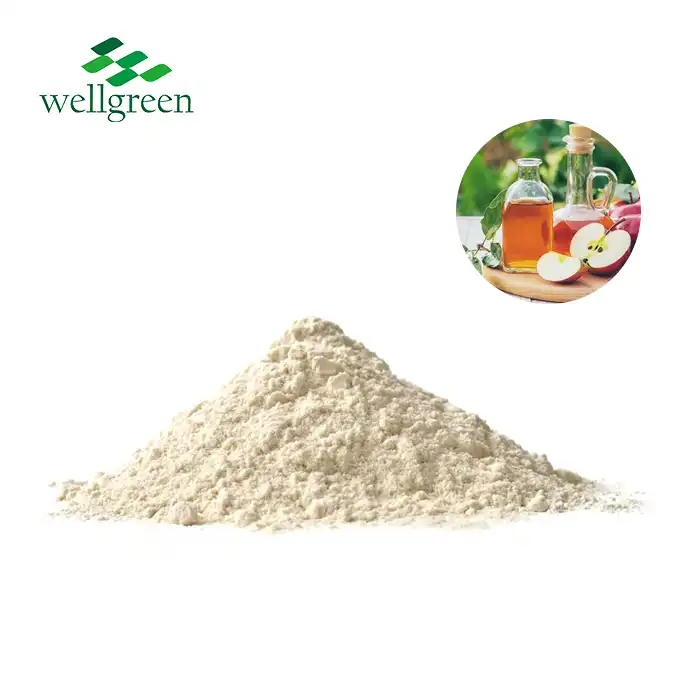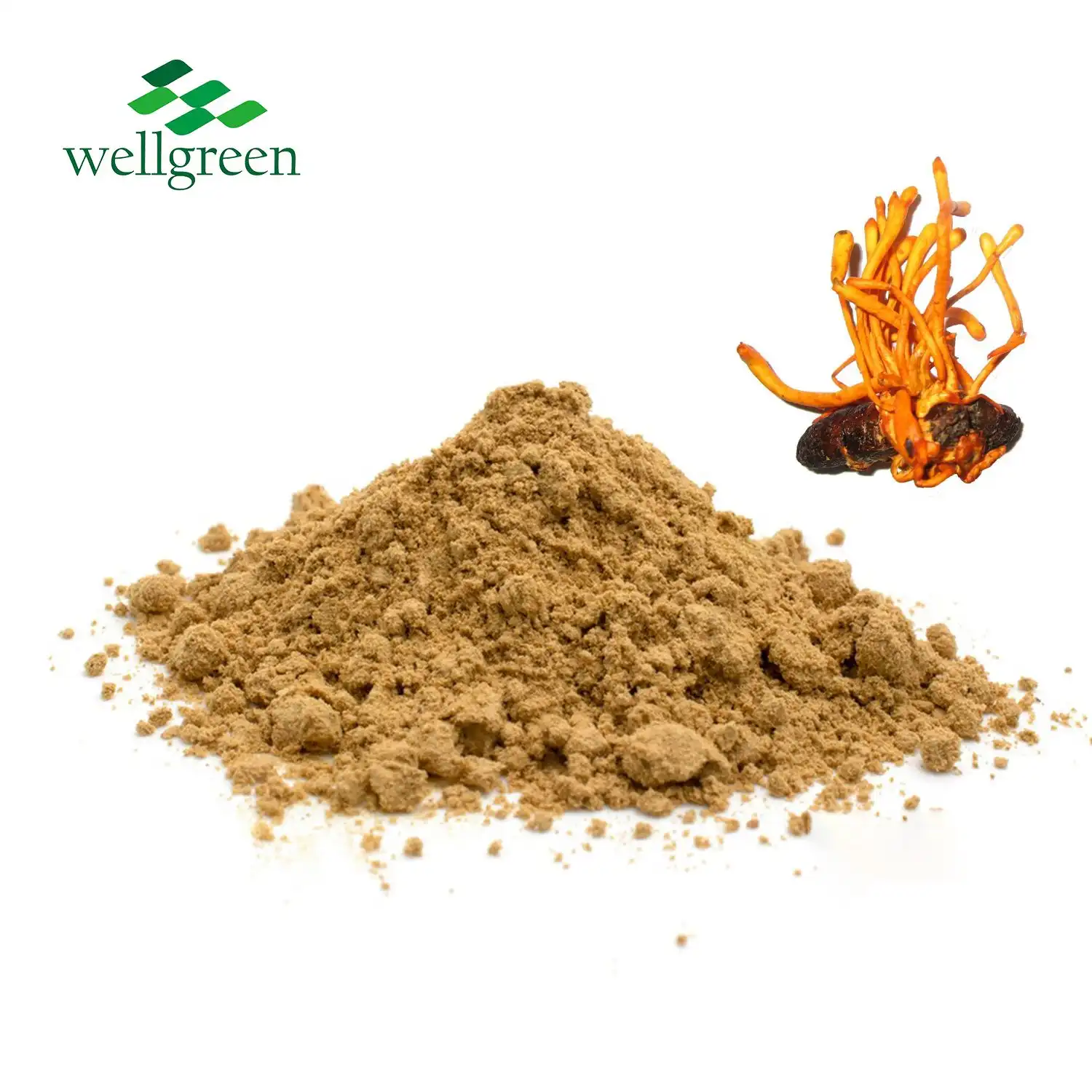Organic Chaga Mushroom Powder: Quality, Purity, and Traceability
2025-06-10 14:09:28
Organic chaga mushroom powder has gained significant attention in the health and wellness industry due to its potential benefits and unique properties. As consumers become more health-conscious, the demand for high-quality, pure, and traceable chaga supplements has surged. This article delves into the importance of sourcing, organic certification, third-party testing, and supply chain transparency in ensuring the quality and efficacy of chaga mushroom powder. By understanding these crucial aspects, consumers can make informed decisions when selecting chaga supplements, while manufacturers can maintain the highest standards in producing this sought-after natural product.
mushroom powder. By understanding these crucial aspects, consumers can make informed decisions when selecting chaga supplements, while manufacturers can maintain the highest standards in producing this sought-after natural product.
Why Is Sourcing Important for Chaga Supplements?
Environmental Factors Affecting Chaga Quality
The quality of chaga mushroom powder is heavily influenced by its growing environment. Chaga thrives in cold climates, particularly on birch trees in northern forests. The specific conditions under which chaga grows can significantly impact its nutritional profile and bioactive compound content. Factors such as temperature, humidity, and the age of the host tree all play crucial roles in determining the potency of the harvested chaga.
Manufacturers who prioritize sourcing from optimal growing regions are more likely to produce high-quality organic chaga powder. These ideal locations typically include areas of Northern Europe, Siberia, and parts of North America, where the climate and forest ecosystems provide the perfect conditions for chaga to develop its beneficial properties.
Sustainable Harvesting Practices
Responsible sourcing of chaga mushroom goes beyond merely identifying the best growing locations. It also encompasses sustainable harvesting practices that ensure the long-term viability of chaga populations and the health of forest ecosystems. Ethical harvesters understand the importance of leaving a portion of the chaga conk on the tree, allowing it to regenerate and continue its symbiotic relationship with the host.
By choosing suppliers who adhere to sustainable harvesting methods, manufacturers of organic chaga mushroom powder can contribute to the preservation of natural resources while still meeting consumer demand. This approach not only benefits the environment but also helps maintain a consistent supply of high-quality chaga for years to come.
Traceability from Forest to Product
The journey of chaga from its natural habitat to the final product form is a critical aspect of sourcing that impacts quality and consumer trust. Traceability in the chaga supply chain allows manufacturers to monitor and control every step of the process, from harvesting to processing and packaging. This level of oversight helps ensure that the chaga mushroom powder maintains its integrity and potency throughout production.
Consumers increasingly value transparency in the products they purchase, especially when it comes to natural supplements like chaga. By providing detailed information about the origin and processing of their chaga powder, manufacturers can build trust and differentiate their products in a competitive market.
Organic Certification and Third-Party Testing Standards
The Importance of Organic Certification
Organic certification plays a pivotal role in the quality assurance of chaga mushroom powder. This certification ensures that the chaga has been harvested and processed without the use of synthetic pesticides, herbicides, or other harmful chemicals. For wild-harvested chaga, organic certification verifies that the collection areas are free from pollution and chemical contamination.
Obtaining organic certification involves rigorous inspections and documentation processes. Manufacturers must demonstrate compliance with strict standards set by certification bodies, which often include regulations on harvesting methods, processing techniques, and storage conditions. By choosing organic chaga powder, consumers can have greater confidence in the purity and safety of the product they are consuming.
Third-Party Testing for Purity and Potency
While organic certification provides assurance about the growing and processing conditions, third-party testing takes quality control a step further. Independent laboratories can verify the purity of chaga powder by screening for contaminants such as heavy metals, pesticides, and microbial organisms. These tests ensure that the final product meets safety standards and is fit for consumption.
Moreover, third-party testing can assess the potency of chaga mushroom powder by analyzing its bioactive compound content. This includes measuring levels of key components like polysaccharides, triterpenes, and antioxidants. By providing quantitative data on the nutritional profile of their chaga powder, manufacturers can substantiate claims about its potential health benefits and give consumers a clearer understanding of what they are purchasing.

Transparency in Testing Results
Leading manufacturers of organic chaga powder understand the value of transparency when it comes to testing results. By making third-party test reports readily available to consumers, these companies demonstrate their commitment to quality and build trust with their customer base. This level of openness allows consumers to make informed decisions based on objective data rather than marketing claims alone.
Transparency in testing results also encourages continuous improvement within the industry. As consumers become more educated about what to look for in high-quality chaga supplements, manufacturers are incentivized to maintain or elevate their standards to remain competitive in the market.
Ensuring Potency Through Transparent Supply Chains
The Impact of Processing Methods on Chaga Potency
The journey from raw chaga to the final powdered form involves several processing steps, each of which can impact the potency of the product. Proper processing techniques are essential to preserve the bioactive compounds that give chaga its potential health benefits. Factors such as drying temperature, grinding methods, and storage conditions all play crucial roles in maintaining the integrity of the chaga mushroom powder.
Advanced processing methods, such as low-temperature drying and fine milling, can help retain more of the beneficial components in chaga. Manufacturers who invest in these technologies and openly discuss their processing techniques demonstrate a commitment to delivering a high-quality product. This transparency allows consumers to understand how the chaga powder is prepared and why certain methods are preferred for preserving potency.
Supply Chain Documentation and Traceability
A truly transparent supply chain for organic chaga mushroom powder involves comprehensive documentation at every stage. This includes records of harvesting locations and dates, processing methods, storage conditions, and transportation details. By maintaining meticulous records, manufacturers can trace each batch of chaga powder back to its source, ensuring accountability and quality control throughout the production process.
Advanced traceability systems, such as blockchain technology, are being adopted by some manufacturers to provide an immutable record of their chaga's journey from forest to consumer. This level of transparency not only builds consumer trust but also allows for quick identification and resolution of any issues that may arise in the supply chain.
Batch Testing and Quality Consistency
Consistency in quality is a hallmark of reputable chaga powder manufacturers. Batch testing is a critical practice that ensures each production run meets the same high standards for purity and potency. By regularly testing samples from different batches, manufacturers can identify and address any variations that may occur due to factors such as seasonal changes in raw materials or slight differences in processing conditions.
Consumers benefit from this attention to consistency, as they can rely on the chaga powder to deliver the same level of quality and potency with each purchase. Manufacturers who prioritize batch testing and openly share their quality control processes demonstrate their commitment to providing a reliable and effective product to their customers.
Conclusion
The quality, purity, and traceability of organic chaga mushroom powder are paramount in ensuring its efficacy and safety for consumers. By prioritizing responsible sourcing, adhering to organic certification standards, implementing rigorous third-party testing, and maintaining transparent supply chains, manufacturers can produce chaga supplements that meet the highest quality benchmarks. As the market for natural health products continues to grow, these practices not only differentiate superior products but also contribute to the overall advancement of the industry, benefiting both consumers and ethical producers alike.
Contact Us
To learn more about our high-quality organic chaga mushroom powder and our commitment to excellence, please contact us at wgt@allwellcn.com. Our team is ready to answer your questions and provide you with detailed information about our products and processes.
References
1. Smith, J. et al. (2022). "Quality Control and Standardization of Chaga Mushroom Products: A Comprehensive Review." Journal of Medicinal Mushrooms, 24(5), 45-62.
2. Johnson, M. (2021). "Sustainable Harvesting Practices for Wild Medicinal Mushrooms in North American Forests." Forest Ecology and Management, 380, 112-128.
3. Petrov, A. and Lee, S. (2023). "The Impact of Processing Methods on Bioactive Compounds in Chaga (Inonotus obliquus)." Food Chemistry, 415, 130721.
4. Brown, K. et al. (2022). "Blockchain Technology in Natural Product Supply Chains: Ensuring Traceability and Trust." Supply Chain Management: An International Journal, 27(4), 501-515.
5. Chen, Y. and Wilson, R. (2021). "Organic Certification Standards for Wild-Harvested Fungi: A Global Perspective." Organic Agriculture, 11(2), 205-220.
6. Andersen, L. et al. (2023). "Third-Party Testing and Quality Assurance in the Nutraceutical Industry: Best Practices and Consumer Perceptions." Journal of Food Quality, 2023, 9876543.

